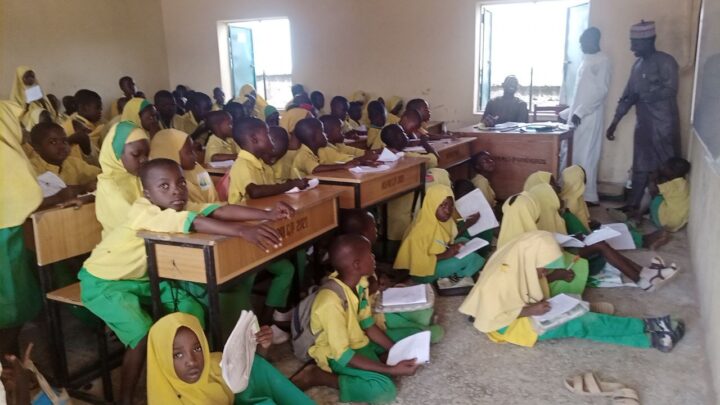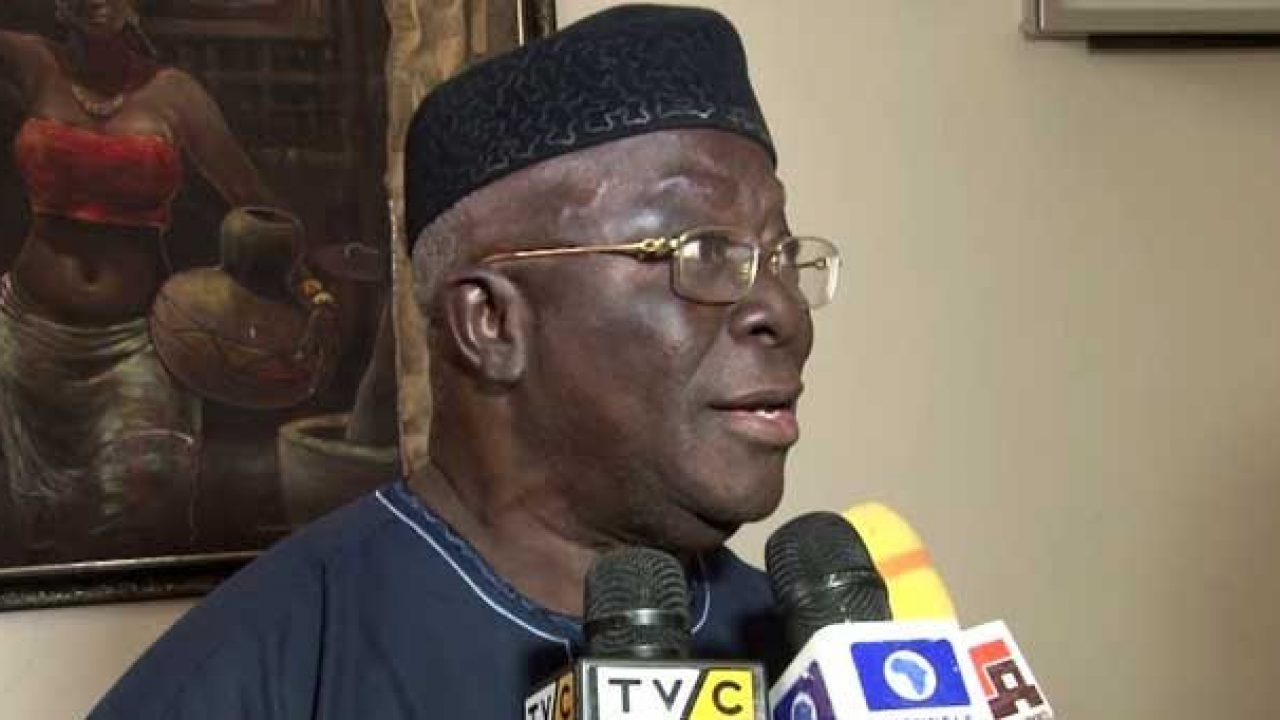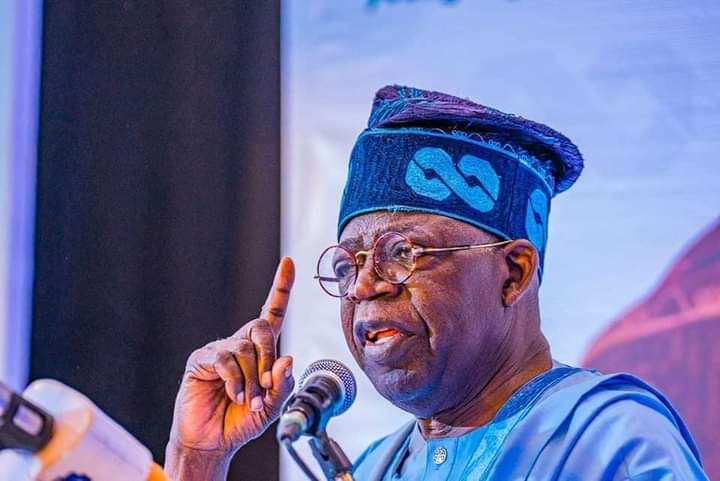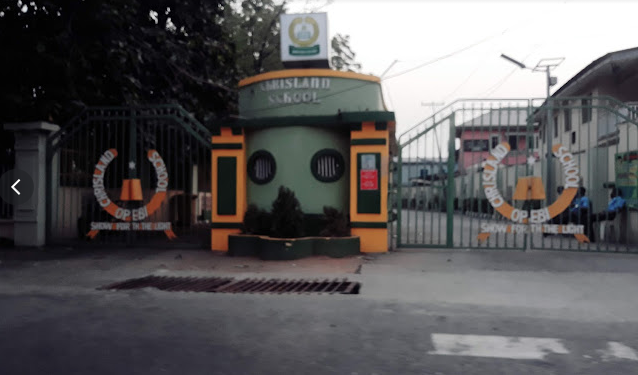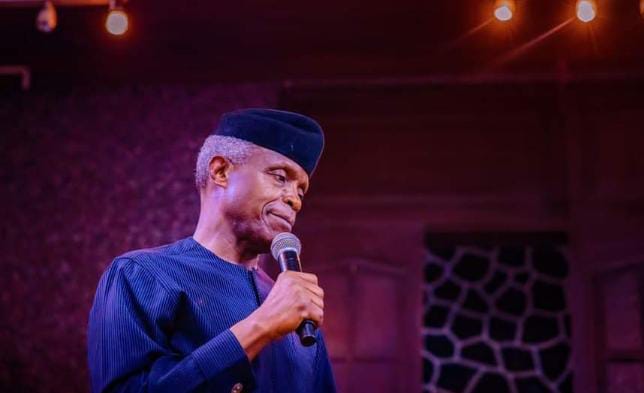Annually, the Universal Basic Education Commission (UBEC) provides intervention funds to 36 states and the federal capital territory (FCT) to improve access to basic education in the country. Investigations by TheCable’s JAMES OJO, however, showed many public school students still learn in poor conditions while funds meant to salvage the situation lie fallow.
Going to school was once a delight for Jamiu, a student of Tukura Primary School in Kontagora, Niger state. But not anymore owing to the poor condition of his school. Daily, Jamiu and his classmates sit on the bare floor to learn as their classrooms have no furniture. But this is just a glimpse of the infrastructure deficit in his school.
When TheCable visited the school, it was anything but desirable. From defaced walls to sagging and leaking roofs, the facility has seen better days. There was no single chair for the students in all the classrooms visited. The students also complained about the inability to access toilet facilities in the school due to fear of snakes.
“I am not happy coming to school anymore. We look dirty after school hours because we sit on the floor,” Jamiu said.
Advertisement
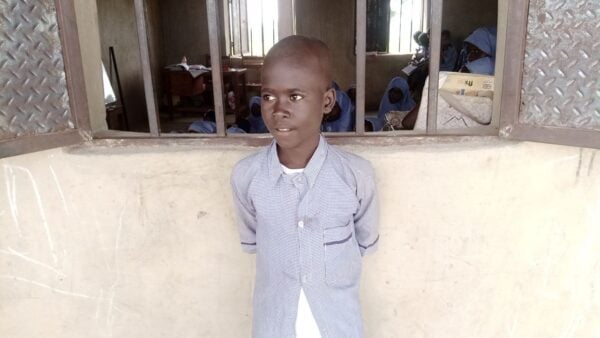
“Government should please come to our aid. It is really affecting us,” Amina, a primary six pupil in the school, told TheCable.
Like the students, teachers in the school also lamented the lack of facilities to aid effective teaching and learning.
Advertisement
“We have a lot of challenges facing our school. This is how I teach the students every day. They sit on the bare floor. In the whole school, we don’t have a chair at all. I don’t even have a register,” Aliya Adamu, a class teacher, said.
Aliya said most teachers in the school were engaged through the efforts of the Parent-Teacher Association (PTA).
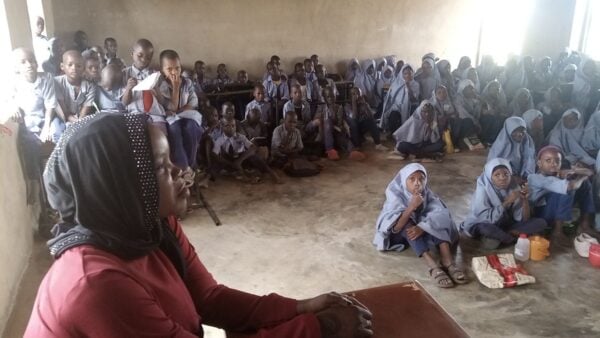
OVERCROWDED CLASSROOMS, POOR AMENITIES
Tukura is one of the many schools in Niger state battling with a lack of infrastructure.
Advertisement
At Maidubu Primary School in Kontagora, students and teachers expressed concerns over the absence of basic amenities.
Zubaida Adam, a pupil of the school, said they sit on the floor to learn, adding that they do not have essential materials such as textbooks.
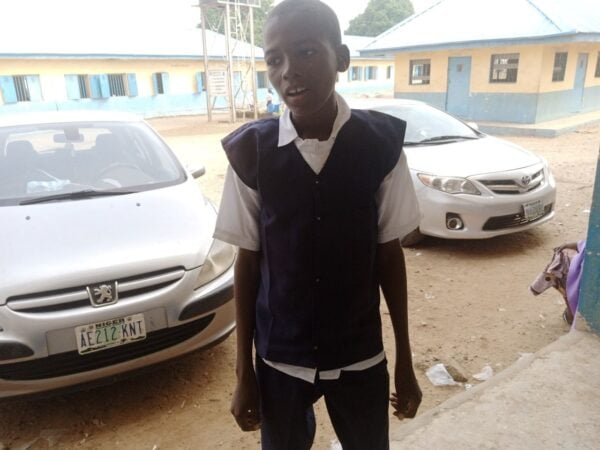
When TheCable visited Saidu Namaska Primary School, also in Kontagora, students were seen in overcrowded classrooms with some also sitting on the floor.
“We don’t feel comfortable sitting down on the floor to learn. We also need a library,” Godwin Edward, a primary five pupil, said.
Advertisement
On his part, Isa Bawa, the head teacher, said: “The support we are getting from the government is not enough. We lack enough teachers and classrooms. There is a class with 120 pupils and only one teacher. There is no security too. We are the ones buying chalks and school diaries.”
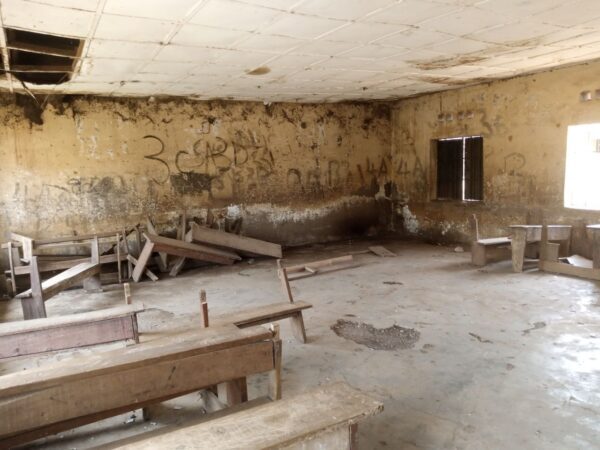
LIKE NIGER, LIKE OGUN
Advertisement
The condition of public primary and secondary schools in Ogun state is not different from those in Niger state. Visits to several schools in Ifo LGA showed a lot must be done to improve the system.
At Asore Grammar School, students lamented lack of adequate teachers and basic infrastructure.
Advertisement
“Nothing is up to standard in my school when you talk about teaching, toilet among other facilities. This affects the ability of students to learn very well,” an SS1 student of the school, said.
It was the same story at Ajuwon High School. A student of the school called on the government to upgrade classrooms, recruit more teachers and improve toilet facilities.
Advertisement
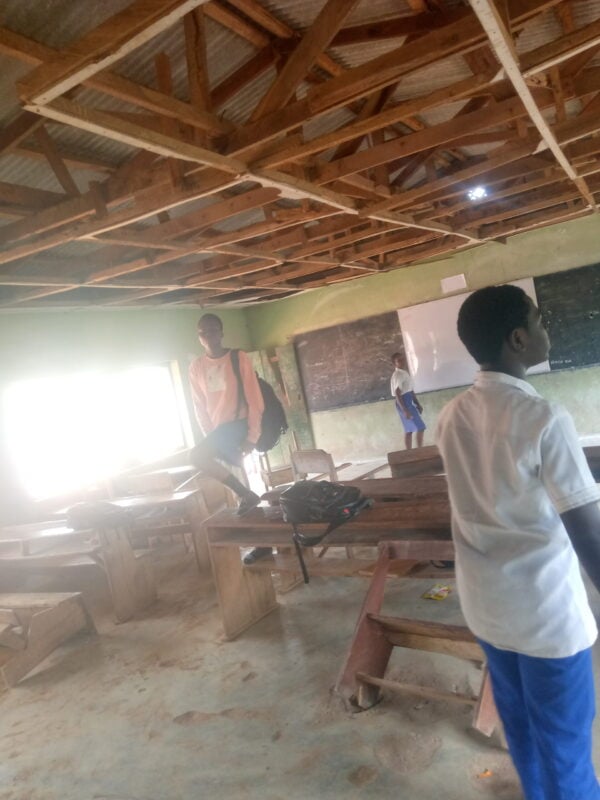
When this reporter visited St. Peter’s Anglican Church Primary School in Oke Aro, primary six pupils were receiving lectures under a visibly weak building with different cracks.
The head teacher, who simply identified herself as Mrs. Afuye, said the school is doing everything to give students the best with the available resources.
‘SOME STUDENTS FAINT DURING HOT WEATHER’
At Akute Community High School, students were seen struggling to learn in overcrowded classrooms in a make-shift building, with some sitting on concrete blocks.
“The place is very small for them (students). We have had cases of students fainting due to the small space and lack of ventilation during hot weather. Whenever it rains, it’s difficult for students to sit comfortably because the place would have been flooded. Some of them usually raise their legs while sitting due to the flood,” one of the teachers, who preferred anonymity, said.
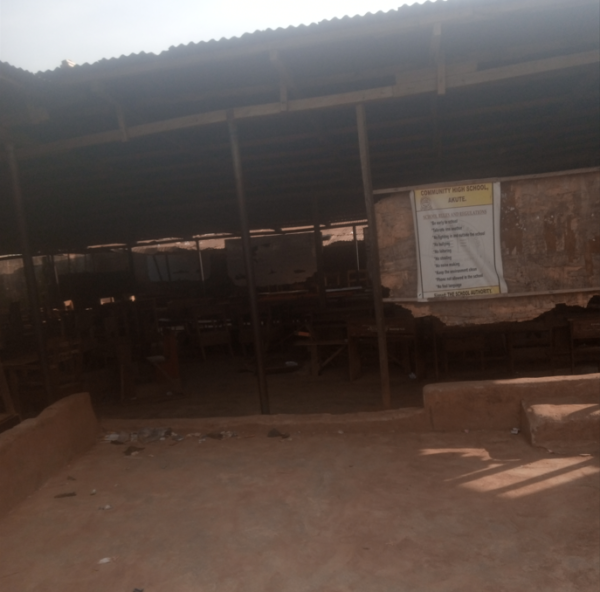
Zumuratul Islamiyat Primary School, which is situated in the same compound as the secondary school, also has its own share of challenges.
Due to insufficient space, primary one pupils share the same class with those in kindergarten (KG) one and two.
TheCable gathered that the whole school only has three government-employed teachers. The rest were engaged by the school’s PTA.
“The situation is not encouraging. We are just managing and trying to ensure the students get the best,” an official of the school lamented.
Sources and staff in the schools visited in Niger and Ogun states said the condition of the facilities remains poor despite countless inspections by government officials.
Commenting on this, Hassan, a teacher at Saidu Namaska Primary School, said: “Supervisors from the Niger state ministry of education usually come to inspect the classes but nothing has come out of that. We don’t know who to meet to address our problems.”
At Zumuratul Islamiyat Primary School, an official also told this reporter that the state commissioner for education once visited the school and promised to expand the facility but nothing was done.
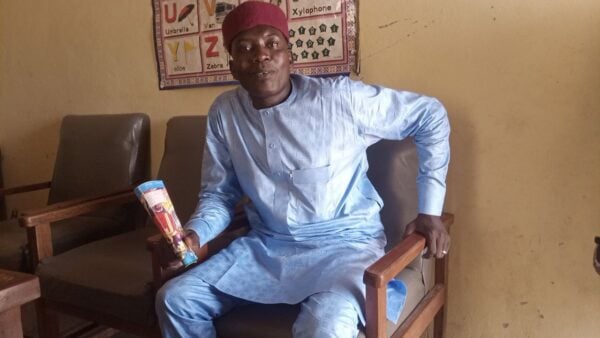
NON-UTILISATION OF UBEC FUNDS AFFECTING BASIC EDUCATION
A report by the United Nations Children Fund (UNICEF) estimated that 75 percent of children aged 7 to 14 years in Nigeria cannot read a simple sentence or solve basic Maths.
Data by the United Nations Educational, Scientific and Cultural Organisation (UNESCO) also revealed that the country has an estimated 20.2 million children and youth out of school, the highest in Africa and third globally.
This is happening despite the existence of the UBEC Act of 2004 which provides for compulsory, free universal basic education for all children of primary and junior secondary school age in the country.
UBEC estimated that 50 percent of public schools in the country lack basic furniture, forcing pupils to sit on the floor to take lessons.
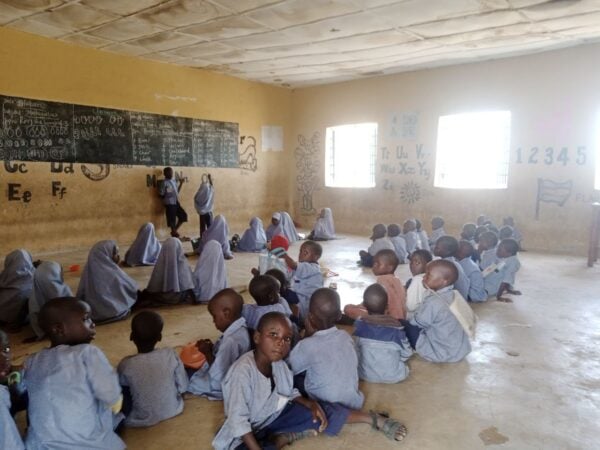
To revamp basic education in the country, the federal government introduced an intervention fund for states in the country and the FCT. The fund is coordinated by UBEC.
Hamid Bobboyi, UBEC’s executive secretary, said each state receives an average of N1.5 billion for funding of basic education from the commission every year.
But the initiative has been docked by various issues including the non-provision of the matching grant required to access the fund by some states.
“To access the fund, each state must also contribute an equivalent amount of the grant given by the federal government,” Sobodun Abdul-Hakeem Babatunde, a research associate at Eduplana, a civic-tech organisation, told TheCable.
“For instance, in 2021, the federal government contributed N946 million to each state. This means each state must also contribute N946 million, making it a total allocation of N1.89 billion for each state’s UBEC.
“It is also a prerequisite that the previous year’s project must have attained a 70 percent completion before accessing another fiscal year’s fund from UBEC. If this money is used wisely, one can imagine the positive impact it can have.”
Zikora Ibeh, a policy and research analyst for Corporate Accountability and Public Participation Africa (CAPPA), said apart from providing counterpart funds, “states are also required to establish a state universal basic education board, develop state UBE action plans, open a dedicated account with the CBN, and regularly publish progress and financial reports of projects undertaken under the UBEC initiative”.
Ibeh said the requirement for the counterpart funds is not only a financial obligation but also an indication of the state’s willingness to prioritise and invest in basic education.
Data released by UBEC in 2022 showed that from 2005 to 2021, the federal government has disbursed a total of N564,607,995,011 to the 36 states and the FCT under the initiative.
Findings by TheCable also showed that Ogun and Niger states were among the states that failed to provide the matching grant required to access the funds within the period in spite of the condition of schools in both states.
The UBEC data revealed that from 2005 to 2021, Niger did not access a total of N2,674,977,853 matching grant, while that of Ogun stood at N3,672,882,493.
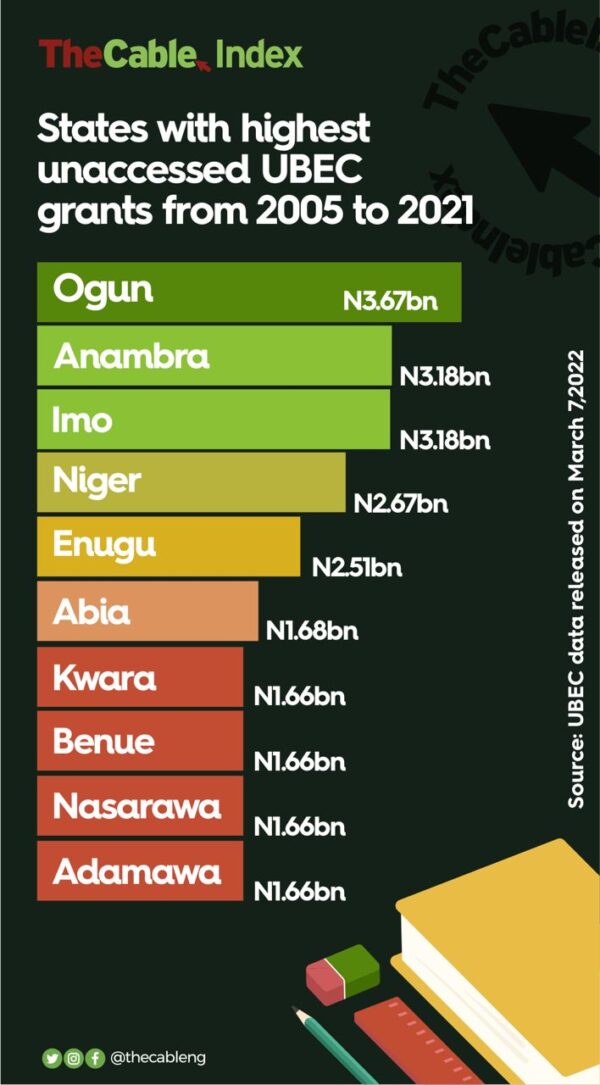
Last year, Adamu Usman, chairman of UBEC’s governing board, accused state governments of abandoning their responsibility of funding basic education.
“Primary and junior secondary education is the primary responsibility of local and state governments. Unfortunately, a good number of states do not appear enthusiastic about funding basic education. As such, they do not always access their matching grants from UBEC,” he said.
Commenting on this, Ibeh said the inability of some states to access the UBEC funds could be due to various factors.
“One of the major reasons could be a lack of financial resources on the part of the states to provide their counterpart funds. This could be due to a range of factors, including low state revenues, competing demands for resources, and limited budgets,” she said.
“Some states may also not have prioritised the improvement of basic education, choosing to allocate resources to other areas instead or even mismanaging accessed UBEC grants. Additionally, there could be issues with the allocation and distribution of the funds, leading to inefficiencies and a lack of access to the funds by those who need them most.”
The policy analyst said states must show more commitment to basic education by providing the matching grant to access the UBEC funds and establishing monitoring and accountability mechanisms to make sure that funds accessed are judiciously used to implement projects that improve education outcomes.
“The implications of some states not accessing the UBEC intervention funds are far-reaching and cannot be overstated. Basic education in Nigeria already faces a range of challenges, including a lack of adequate infrastructure, poorly-trained teachers, and insufficient educational materials,” Ibeh added.
“The refusal of some states to access the UBEC funds means that these challenges will persist and even worsen, leading to a perpetuation of the cycle of poor-quality education. This will have long-term consequences for the future of the country’s workforce and economy, as students who receive a poor-quality education are less likely to be equipped with the skills and knowledge needed to navigate the job market or even the overall economy.”
Also speaking on the consequence of not accessing the fund by states, Babatunde said the development would “worsen educational inequalities, increase out-of-school children in the country, and bring about poor educational outcomes”.
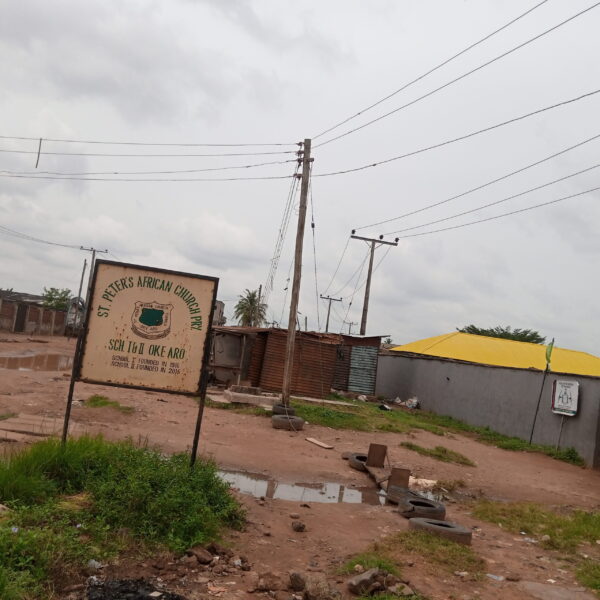
‘UBEC FUNDS MUST BE MORE USER-FRIENDLY’
Babatunde said the federal government must introduce measures to increase states’ access to the intervention fund.
“There is a need to increase awareness of the importance of the UBEC funds among state executives, educators, and the public. This can increase demand for the funds and encourage states to access them,” he said.
“The federal government should also simplify the application process for UBEC funds to be more user-friendly and transparent.”
Others, he said, include “providing technical assistance in form of training and support, especially in the aspect of action plans and implementation of projects, addressing corruption and ensuring transparency and accountability in the use of UBEC, giving appropriate sanctions to states government who are not accessing the UBEC funds, and offering incentives to states that access the UBEC funds can encourage more states to participate.”
To ensure efficient utilisation of funds, Babatunde said the government at various levels must deploy technology to monitor the use of funds and track progress.
He added that the government should encourage collaborations between different levels of government, educational institutions, the private sector, non-governmental organisations (NGOs), and civil society organisations (CSOs).
This report was supported by YouthHub Africa in collaboration with Malala Fund and RiseUp.
